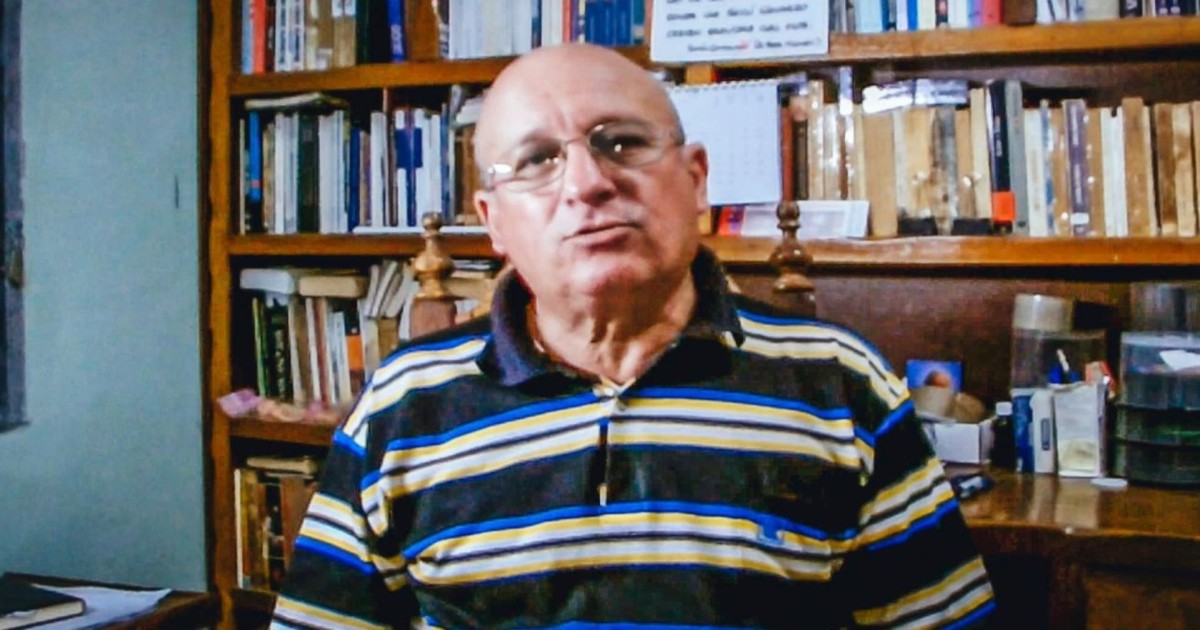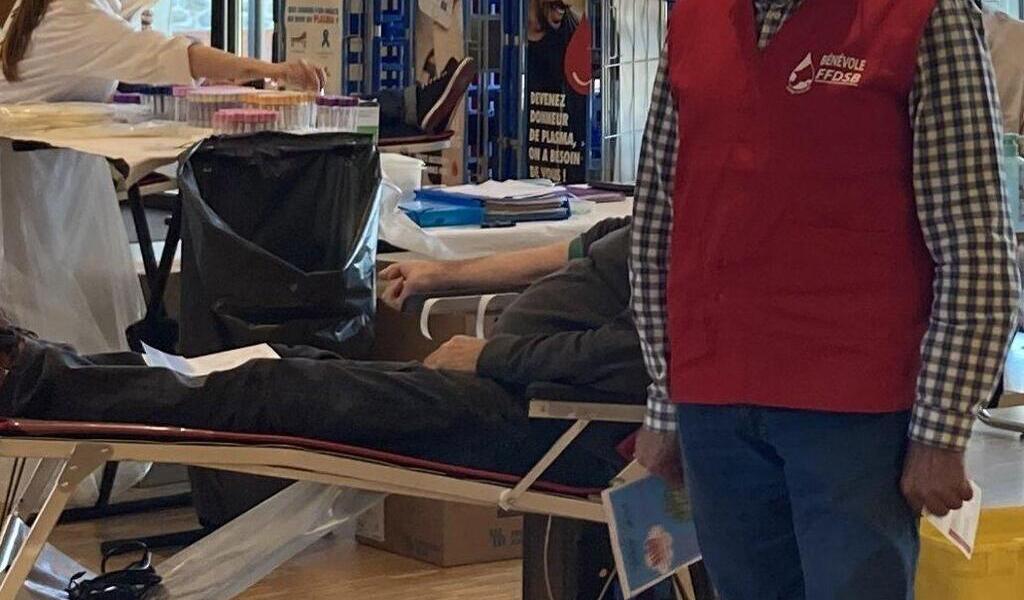Jury Reaches Verdict in Lori Daybell Murder Conspiracy Trial
By archyde News Service
PHOENIX — A jury has reached a verdict in lori Daybell’s conspiracy to commit murder trial in Arizona, bringing a somber chapter closer to its end. The verdict, delivered late Monday afternoon, marks a pivotal moment after weeks of testimony and deliberation.
The trial, wich has garnered national attention due to its complex web of religious beliefs, untimely deaths, and allegations of conspiracy, saw the prosecution present a case built on circumstantial evidence and witness testimonies. “Prosecutors called family members, former friends, and first responders to the stand during the trial,” laying out a narrative that painted Daybell as a central figure in a plot that led to the death of her former husband, Charles Vallow.
Deliberations and Decision
After the prosecution concluded their case the previous Wednesday, both the defense and prosecution engaged in discussions regarding jury instructions the following Thursday before the court adjourned for the weekend. The gravity of the situation was palpable as the jury prepared to weigh the evidence presented before them.
monday was consumed by “closing arguments [that] took several hours… before the jury began deliberations.” The weight of the decision rested heavily on the jurors as they retreated to consider the evidence and testimonies presented throughout the trial.
Daybell,who faced the option of testifying in her own defense,”chose not to on Monday,” foregoing the opportunity to directly address the jury before they began their deliberations. This decision, while within her rights, added another layer of intrigue to the proceedings, leaving many to speculate about her reasoning.
the Allegations
Lori Daybell stood accused of conspiring to murder her former husband,Charles Vallow,with the alleged assistance of her brother,Alex Cox,who is now deceased. “Daybell is accused of killing her former husband, Charles Vallow, with the help of her now late brother, Alex Cox.” The prosecution argued that daybell’s actions were driven by a combination of financial motives and extreme religious beliefs.
The defense, throughout the trial, maintained that Cox acted in self-defense when he shot Vallow in July 2019. cox, before his death from what was reported as natural causes, told police the shooting was in self-defense. “That’s the version of the story Daybell told the jury during her opening statements.”
Defense Strategy
While Daybell “cross-examined the prosecution’s witnesses,” she opted not to present any witnesses of her own, a strategic decision that underscored the defense’s reliance on challenging the prosecution’s narrative rather then offering an option one. This approach is not uncommon in high-profile trials, where the defense aims to create reasonable doubt in the minds of the jurors.
| Key Figure | Role |
|---|---|
| Lori Daybell | Defendant, accused of conspiracy to commit murder. |
| Charles Vallow | Deceased, victim of the alleged conspiracy. |
| Alex Cox | Deceased, Lori Daybell’s brother, alleged co-conspirator. |
Broader Implications and Context
The Daybell case has reignited discussions about mental health, religious extremism, and the potential for manipulation within close relationships. Critics argue that the media’s focus on the sensational aspects of the case can overshadow the very real human tragedy involved, minimizing the experiences of the victims and their families.
It’s important to note that while the public may form opinions based on media coverage, the legal standard for conviction is proof beyond a reasonable doubt. This high bar ensures that individuals are not unjustly punished based on speculation or conjecture.
The Verdict and Next Steps
As the court prepared for the reading of the verdict,tensions were high.The outcome will undoubtedly have far-reaching consequences for all involved, and will likely trigger further legal proceedings, including potential appeals. The legal teams on both sides will now begin preparing for the next phase, whatever that may be.
The Daybell case serves as a stark reminder of the complexities of the American legal system and the importance of due process. While the media may offer simplified narratives, the reality is frequently enough far more nuanced, requiring careful consideration of all available evidence.
FAQ: Common Questions about conspiracy to Commit Murder Trials
- What is the legal definition of conspiracy to commit murder?
- conspiracy to commit murder generally involves an agreement between two or more people to commit murder, coupled with an overt act in furtherance of that agreement. The specifics can vary depending on state law.
- What is the burden of proof in a conspiracy to commit murder trial?
- The prosecution must prove beyond a reasonable doubt that the defendant entered into an agreement to commit murder and took a concrete step towards carrying out that plan.
- What are the potential penalties for conspiracy to commit murder in the U.S.?
- Penalties vary by state but can include significant prison time, frequently enough equivalent to the sentence for murder itself, depending on the degree of involvement and the specifics of the case.
- Can someone be charged with conspiracy even if the murder never occurs?
- Yes. The crime of conspiracy focuses on the agreement and the intent to commit the crime, not necessarily the completion of the act itself. An overt act in furtherance of the agreement must occur.
- What defenses are commonly used in conspiracy to commit murder trials?
- Common defenses include arguing that no agreement existed, that the defendant did not intend for a murder to occur, or that the overt act was not directly related to the alleged conspiracy.
Looking ahead, do you think this case will shape the way future conspiracy to commit murder trials are conducted?
Expert Analysis: Decoding the Lori Daybell Conspiracy Trial Verdict
Archyde News is pleased to present an exclusive interview with legal analyst, Ms. Eleanor Vance, to delve into the intricacies of the Lori Daybell conspiracy trial.
Archyde News: Ms. Vance, thank you for joining us. The jury has reached a verdict in the Lori Daybell case. Can you provide us with a concise overview of the charges and the key events that led to this point?
Eleanor Vance: Certainly. Lori Daybell was accused of conspiring to murder her former husband, Charles Vallow, with the alleged assistance of her brother, Alex Cox. The prosecution’s case centered on circumstantial evidence and witness testimonies, painting a narrative of financial motives and extreme religious beliefs as the primary drivers behind the alleged conspiracy. The defense, however, argued self-defense in relation to the shooting.
Archyde News: The article highlights that Daybell chose not to testify. What significance does this have in the context of the trial?
Eleanor Vance: A defendant’s decision not to testify is a crucial one. While constitutionally protected, it can be interpreted in various ways by the jury.It could signal a lack of strong defense, or it could be a strategic move to avoid cross-examination. In this case, it certainly adds another layer of speculation when considering her reasoning.
Archyde News: The defense strategy seems interesting, primarily focused on challenging the prosecution’s narrative. could you elaborate on the implications of such an approach?
Eleanor Vance: Yes, the defense’s primary strategy revolved around raising reasonable doubt rather than attempting to present another case. This approach can work,it tries to poke holes in the already established narratives. Such strategies are often employed in high-profile cases where the prosecution’s evidence is largely circumstantial.
Archyde News: The case involves discussions of a variety of topics including mental health and religious extremism, and has received a meaningful level of media coverage. How does this broader context apply to the jury’s decision?
Eleanor Vance: The context undeniably shapes public perception. Though, in the legal realm, the jury’s decision must be based on the evidence presented beyond a reasonable doubt. Media focus, though, can influence the case.The media discussions can highlight very real societal concerns, from mental health to religious extremism, but the jury’s focus should be strictly on the evidence.
Archyde News: What are the next steps for the case, post verdict?
Eleanor Vance: As the article mentions, the next steps will involve extensive preparation for either appeals or additional legal processes. The legal teams on both sides are preparing for the next phase, which may be very long.The outcome will undoubtedly impact several lives, and will take quite a bit to resolve.
Archyde News: Ms. Vance, thank you for your insights. looking ahead, do you think this case will shape the way future conspiracy to commit murder trials are conducted? Are there any major takeaways for the American public in this case?
Eleanor Vance: The Daybell case is a complex one, but I believe it should serve as a reminder of the importance of due process. It shows the complexity in the American Legal System. It’s always crucial to remember that legal systems are based on proof, and to remain objective in the face of the media pressure. What do you think? Do you think the media’s focus influenced your views of the case?








